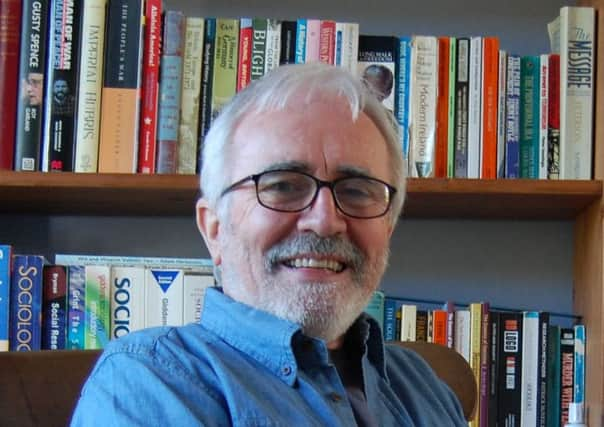Facing up to hostility


I came across an exposition of it recently and I found there so much more than I’ve ever seen before.
Hidden in the account is a description of three different types of people, and an implied question: which type are we? The man who was healed represents one type. He was an innocent bystander, just happened to be there. He never spoke, didn’t ask for healing and didn’t offer any thanks.
Advertisement
Hide AdAdvertisement
Hide AdThe second group of people, the Scribes and Pharisees, would never have asked the Master for healing, however much they might have needed it. They stood apart, watching to see if Jesus would heal someone on the Sabbath. In their religious strait jackets, they would have preferred the man to remain disabled rather than have one of their man-made rules contravened. Locked in their institutional religion, their whole purpose in life is to maintain their position of power and prestige. They think and act as a group, no one breaking rank. But isn’t such conformity a powerful block to personal growth?
The third type? Well it’s Jesus. Here is a brief extract from the exposition: ‘In five short verses he enters the scene, he teaches, he recognises what the others are thinking, he commands, questions and calmly acts.
‘He faces his accusers without panic, he speaks with an inner authority, he does not draw back from confrontation, he knows what he is about to do and he does it. He doesn’t explain, doesn’t take credit, doesn’t ask for recognition, he just does the truth and bears their silent fury.’
However, what he does next is instructive; he departs to the mountain and spends the night in prayer. Then he calls his disciples to himself and chooses his 12.
Advertisement
Hide AdAdvertisement
Hide AdLiving in an environment where people hate you is spiritually draining. Jesus recognises this and knows how to brace himself against the negative and debilitating energy of toxic people; he spends time in communion with God and further, he surrounds himself, embeds himself in a community of believers.
That I think is the central lesson of this story, for it’s what the true church is all about. We do not leave God’s presence when we leave the church building on a Sunday morning, but we often place ourselves in a hostile environment, and that’s as it should be, so long as we find our way back to our community of believers, people who support each other, who believe in each other, who bear each other’s burdens.
It is said that Francis of Assisi was afraid to walk through the town of Assisi because his father’s rejection of him was so hurtful. And so he would ask a beggar to walk with him, ‘When my father hurls curses and abuse at me, walk on my other side and whisper God’s favour in my ear. Remind me, “Francis, you are my beloved son. You are a son of heaven and a son of God.”’
We must not be afraid to do that, for isn’t that the purpose and role of church?
Contact me online: [email protected]